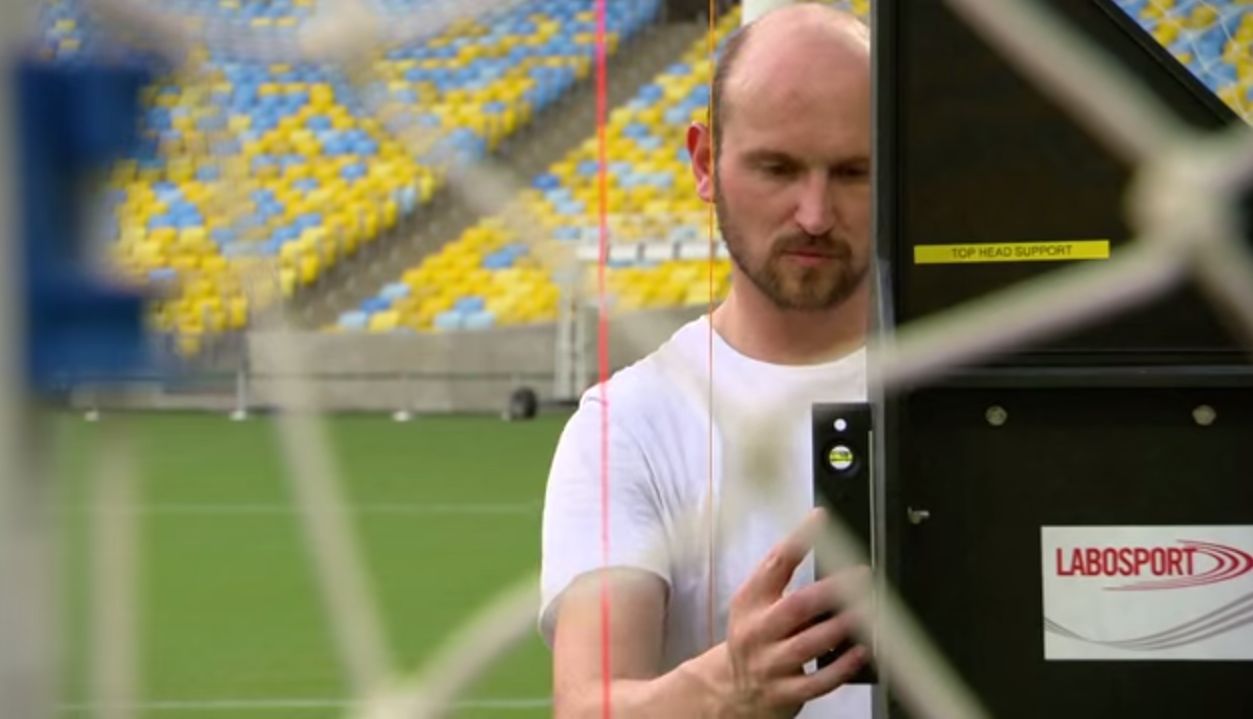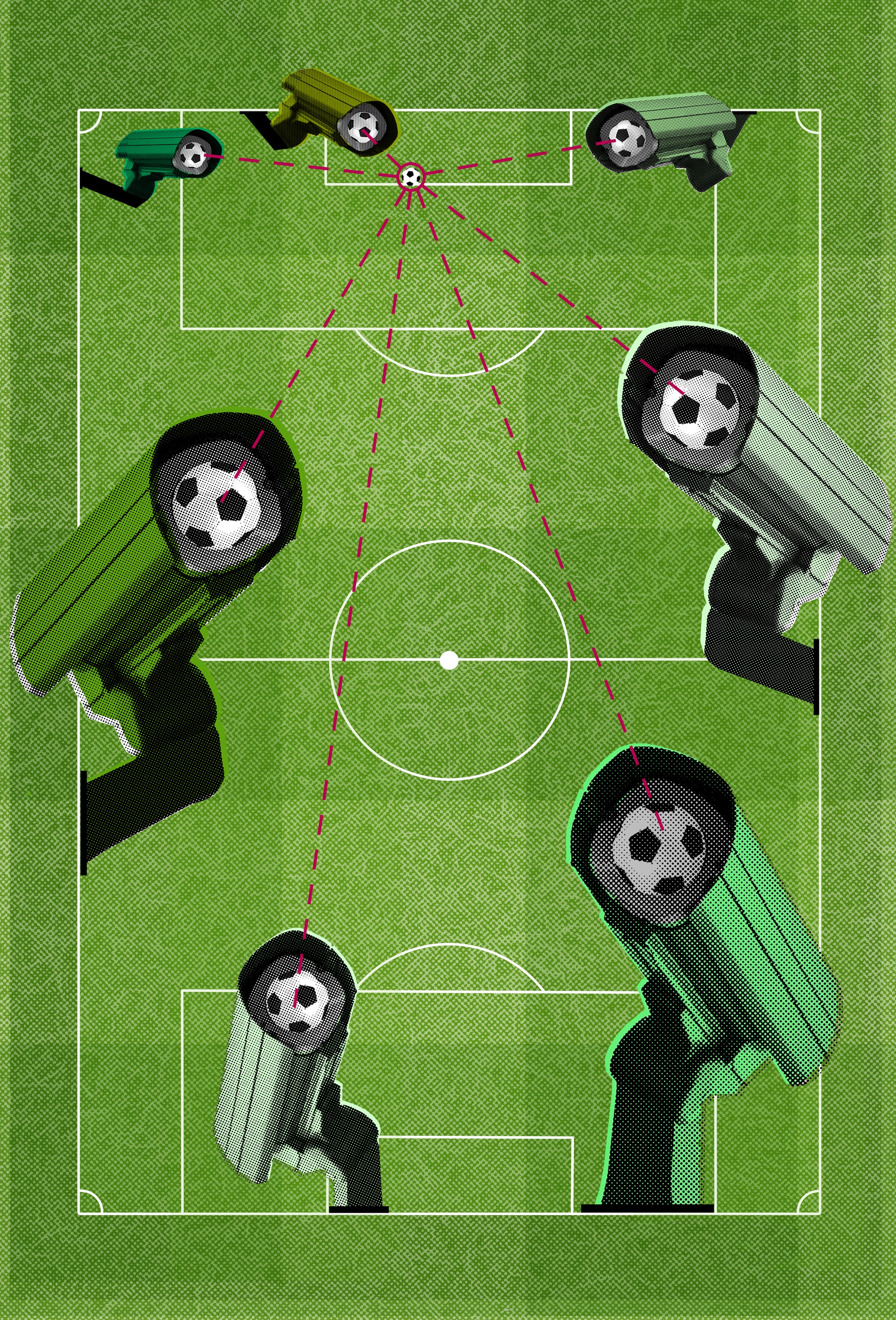England's loss is football's gain
In partnership with Sheffield Hallam University

Your support helps us to tell the story
From reproductive rights to climate change to Big Tech, The Independent is on the ground when the story is developing. Whether it's investigating the financials of Elon Musk's pro-Trump PAC or producing our latest documentary, 'The A Word', which shines a light on the American women fighting for reproductive rights, we know how important it is to parse out the facts from the messaging.
At such a critical moment in US history, we need reporters on the ground. Your donation allows us to keep sending journalists to speak to both sides of the story.
The Independent is trusted by Americans across the entire political spectrum. And unlike many other quality news outlets, we choose not to lock Americans out of our reporting and analysis with paywalls. We believe quality journalism should be available to everyone, paid for by those who can afford it.
Your support makes all the difference.Little did Frank Lampard know at the time, but his 'goal that never was' during the 2010 World Cup would be far more significant than simply ending yet another unsuccessful English bid to capture the famous trophy. The obvious injustice that was plain to see in the stadium helped spark a football revolution, and now technology has been developed to help referees know when the ball has crossed the goal line. It’s being implemented across the world.
The advent of goal line technology came after years of debate. Some argued that its introduction would change the beautiful game for the worse, by slowing things down or removing the controversy of decisions. But despite these predictions even the harshest critic would be hard pushed to prove the system hasn’t delivered.
As well as Frank Lampard's right boot, those responsible for the successful introduction of goal-line technology include Sheffield Hallam University’s Centre for Sport Engineering Research (CSER). From the city that boasts the oldest football club in world, this pioneering group of sports engineers worked with Derby-based Labosport and Hawk-Eye in Basingstoke to help launch the technology.
Dr David James, from CSER, explains: “Our role was to be an independent accrediting organisation, meaning we have been employed to carry out the testing of the technology at each of the 20 English Premier League grounds since 2013/14.
“The key objective for our testing was very simple – did the ball cross the line? It sounds very simple, but it was actually quite complex.
“Part of what we had to do was to use our special high speed cameras to test whether the ball had passed the plane of the goal when it struck a specially-made wall positioned in the goal itself.
“Many of the tests we did were quite devious, all designed to try and trick the system. We knew the eyes of the world would be upon us."
The system includes a range of cameras set up around the stadium, pointing at each goal. And if at any point the ball crosses the goal-line, a signal is sent to the referee to a special wrist-watch that he or she wears.
After being piloted at the Confederations Cup in Brazil in the summer of 2013, the English Premier League became the first football league in the world to introduce goal-line technology. And now its success has seen more and more leagues and competitions turn to the system.

It was used at the 2014 FIFA World Cup and is now a feature of the Dutch Eredivisie. The technology is also set to be used at the upcoming FIFA Women’s World Cup in Canada and in the German Bundesliga.
"Ultimately it was always going to be the players, referees, pundits and broadcasters who would dictate if goal-line technology was a success. But our team and all the partners involved are also firm football fans, so we were determined to make sure we got it right. To coin a football phrase, we're over the moon to see that its success is leading to goal-line technology being used more and more," adds Dr David James.
Questions are now being raised about what the next technological advancement for football could be – and it might be one that could bring the sport into line with rugby, cricket and American football. Earlier this year, football's rule-makers postponed a planned trial in the Netherlands involving a video official in the stadium watching replays and advising the referee on key decisions via a headset.
So whilst the introduction of further technology within football could be some way off, it looks like it’s just a matter of time before goal-line technology becomes a feature of professional football across the globe.
Evolving athletic performance with the help of new sports technologies
Where are these technologies being developed and what does it mean for the future of sport?
READ MORE...
Join our commenting forum
Join thought-provoking conversations, follow other Independent readers and see their replies
Comments